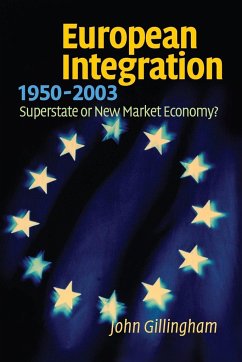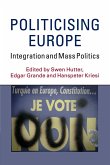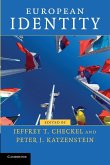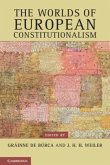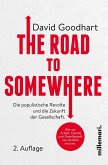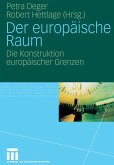Integration is the most significant European historical development in the past fifty years, eclipsing in importance even the collapse of the USSR. Yet, until now, no satisfactory explanation is to be found in any single book as to why integration is significant, how it originated, how it has changed Europe, and where it is headed. Professor Gillingham's work corrects the inadequacies of the existing literature by cutting through the genuine confusion that surrounds the activities of the European Union, and by looking at his subject from a truly historical perspective. The late-twentieth century has been an era of great, though insufficiently appreciated, accomplishment that intellectually and morally is still emerging from the shadow of an earlier one of depression, and modern despotism. This is a work, then, that captures the historical distinctiveness of Europe in a way that transcends current party political debate.
'John Gillingham's fascinating history of European integration brings out the shifts of gears, changes of direction and divergent impulses that brought the European Union to its present established but contested shape as the triumph of market over state. Gillingham wanted his book to 'trumpet like an elephant', and it does. To extend his metaphor, it gores any number of sacred cows, from the myths of the Founding Fathers and of American benevolence to the European social model. It will stimulate lively and constructive debate.' Robert O. Paxton, Columbia University

